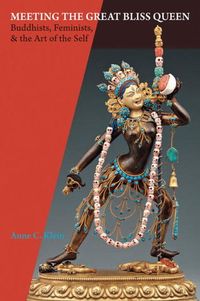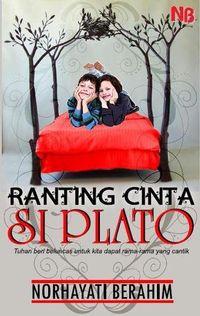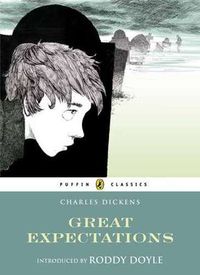
Meeting The Great Bliss Queen: Buddhists, Feminists, And The Art Of The Self
A Buddhism, Spirituality, Religion book. A fascinating analysis of Tibetan Buddhism through the eyes of contemporary Western feminist theory. Klein is indeed a scholar and...
Despite the daunting barriers of geography and language that separate them, Buddhism and contemporary feminism have much to say to each other. Buddhist practices such as mindfulness (in which calm centering and keen awareness of change coexist) and compassion (in which the self is recognized as both powerful in itself and interdependently connected with all others) can be important resources for contemporary women, while feminism can expand the traditional horizons of Buddhist concerns to include social, historical, and psychological issues. The image and ritual of the Great Bliss Queen, an important Buddhist figure of enlightenment, form the unifying theme of the book modeling the practices and theory that can assist each of us in being at one with ourselves and fully engaged with others.
Download or read Meeting The Great Bliss Queen: Buddhists, Feminists, And The Art Of The Self in PDF formats. You may also find other subjects related with Meeting The Great Bliss Queen: Buddhists, Feminists, And The Art Of The Self.
- Filetype: PDF
- Pages: 328 pages
- ISBN: 9781559392914 / 1559392916
rksCoSd2Lb.pdf
More About Meeting The Great Bliss Queen: Buddhists, Feminists, And The Art Of The Self
Not sure whether to give this three or four stars. I feel quite ambivalent about it, though I am very glad to have read it and it has much to commend it. As has happened before, I have picked up a book with one set of expectations, but found myself reading another. I wanted grounded academic analysis - and indeed I did receive this... A fascinating analysis of Tibetan Buddhism through the eyes of contemporary Western feminist theory. Klein is indeed a scholar and the writing is heavy, but the work is fascinating once the ideas settle in. Most interesting to me is how Western women have a sense of self based on identity, feelings, personal narrative, and individualism... Can modern and post-modern feminism and Buddhism provide a mutually revealing and mutually transforming interpretive framework as a conflictual and tension producing interface? Ann Klein Harvard scholar and student of Tibetan Buddhism gives some interesting answers.











